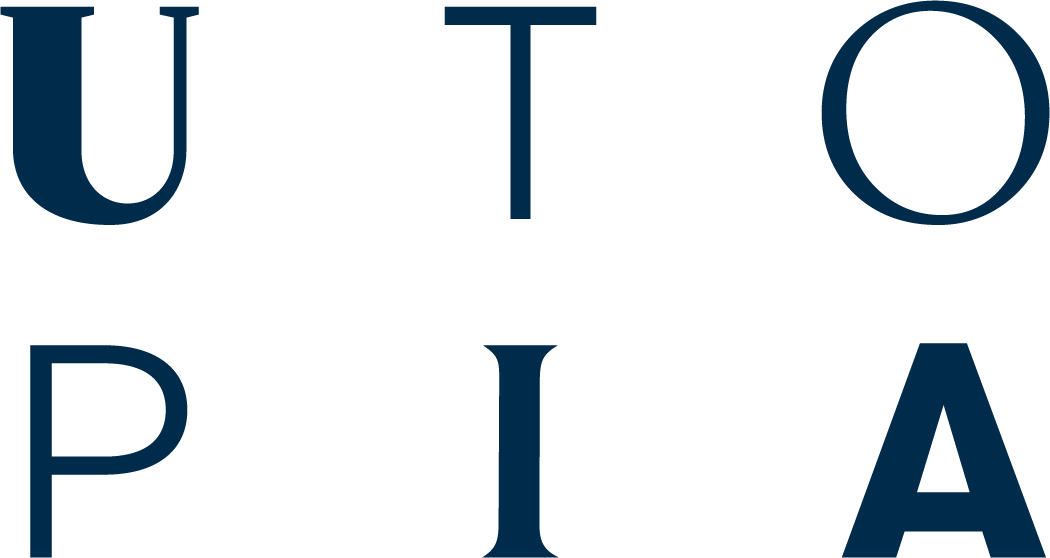No data. No diversity.
Most organisations now realise the importance of Diversity, Equity and Inclusion (DEI) both for the health of their business’s bottom line and their people and are investing in this area. However, without knowing where you currently are, what’s working, what’s not and how your people are feeling, you’re not maximising return on investment.
Data lets you understand your staff demographics and differential needs, assess where you’re at in your DEI journey, and get empirical evidence to develop an effective and sustainable DEI strategy.
Both quantitative and qualitative insight into how the team really feels ensures that any DEI work tackles the real issues rather than perceived issues.
We know a lot of businesses use yearly engagement surveys, but these often don’t comprehensively let you understand how well (or not) your team is equipped to make real cultural change. Plus, if your organisation's psychological safety is low, your people may not engage with surveys or worse - respond in a socially desirable way rather than with the truth. This can be especially harmful if minoritised people are already feeling excluded and their voices are not being captured in the data.
Watch the full video here.
So what can you do?
That’s why Utopia recommends using a third party to collect data in a variety of ways. Surveys, listening sessions, and policy audits all provide different types of insight that can be used to build people’s culture-change capacity, capability and improve your processes.
Using these methods not only ables us to report the most accurate insight but also to develop the most tangible and effective solutions for our clients.
I recently spoke on the Activ8 Intelligence panel on the importance of measurement, as well as sharing some case studies. You can watch the 60-minute session here:
How can we help you?
Utopia is a strategic Diversity, Equity and Inclusion consultancy that provides bespoke support to a range of global organisations to identify and develop both short and long-term opportunities to create better inclusion for all. Connect with us.

